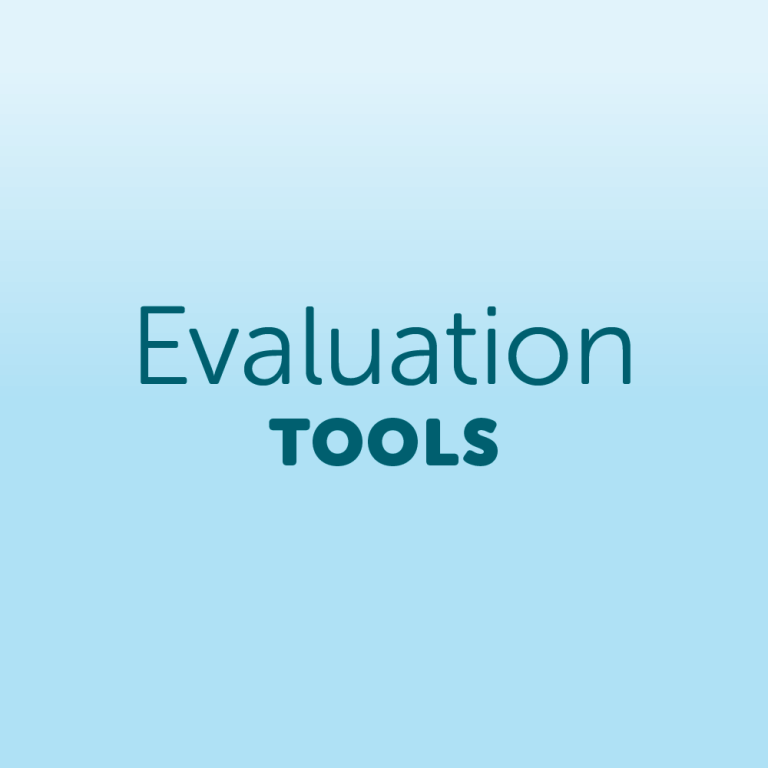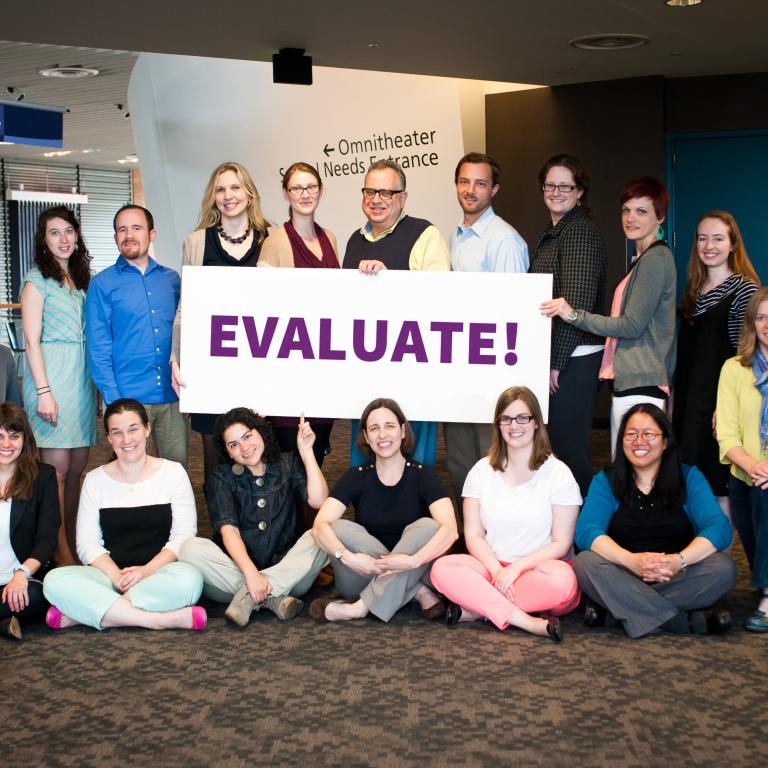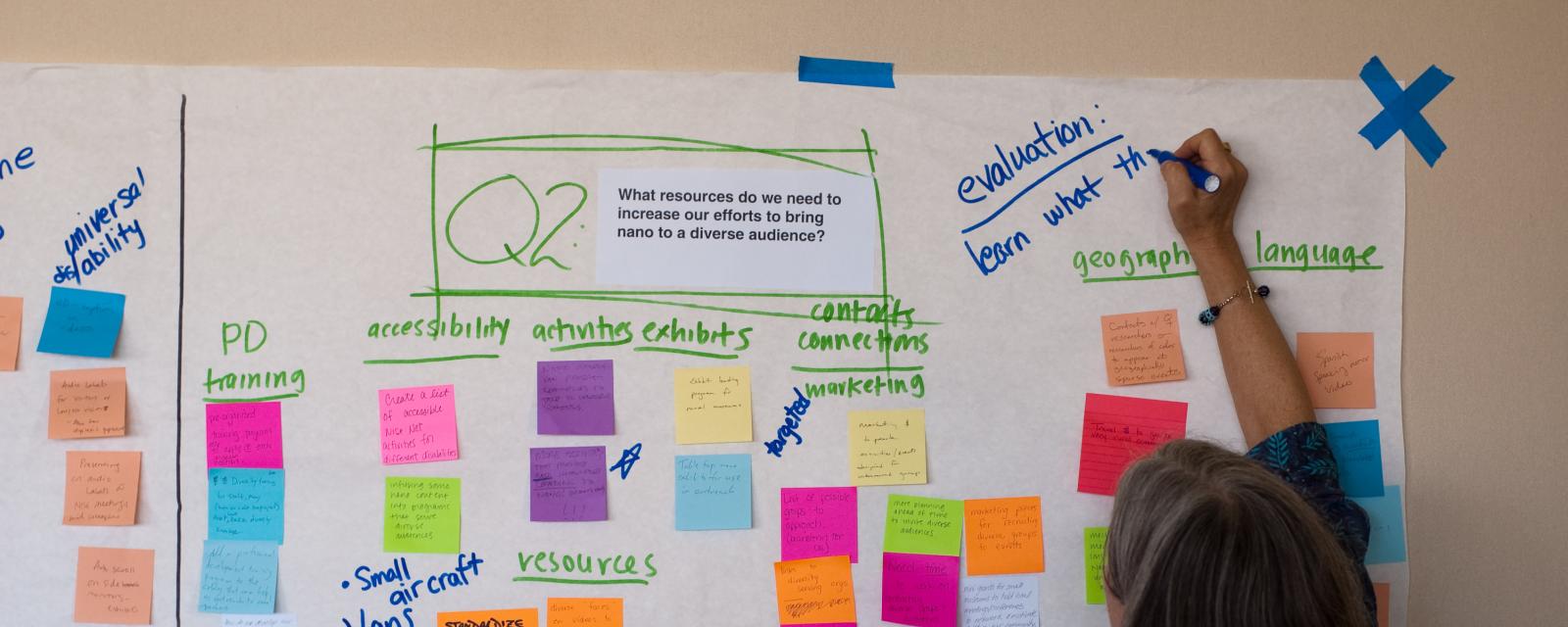
Evaluation and Research
Evaluation is a process used to improve the design and function of educational experiences in informal learning environments and to measure progress toward goals. Research studies are designed to generate findings that will inform the broader field of informal science education.
Types of Reports and Studies
Evaluation and Research Reports
Browse all Evaluation and Research Reports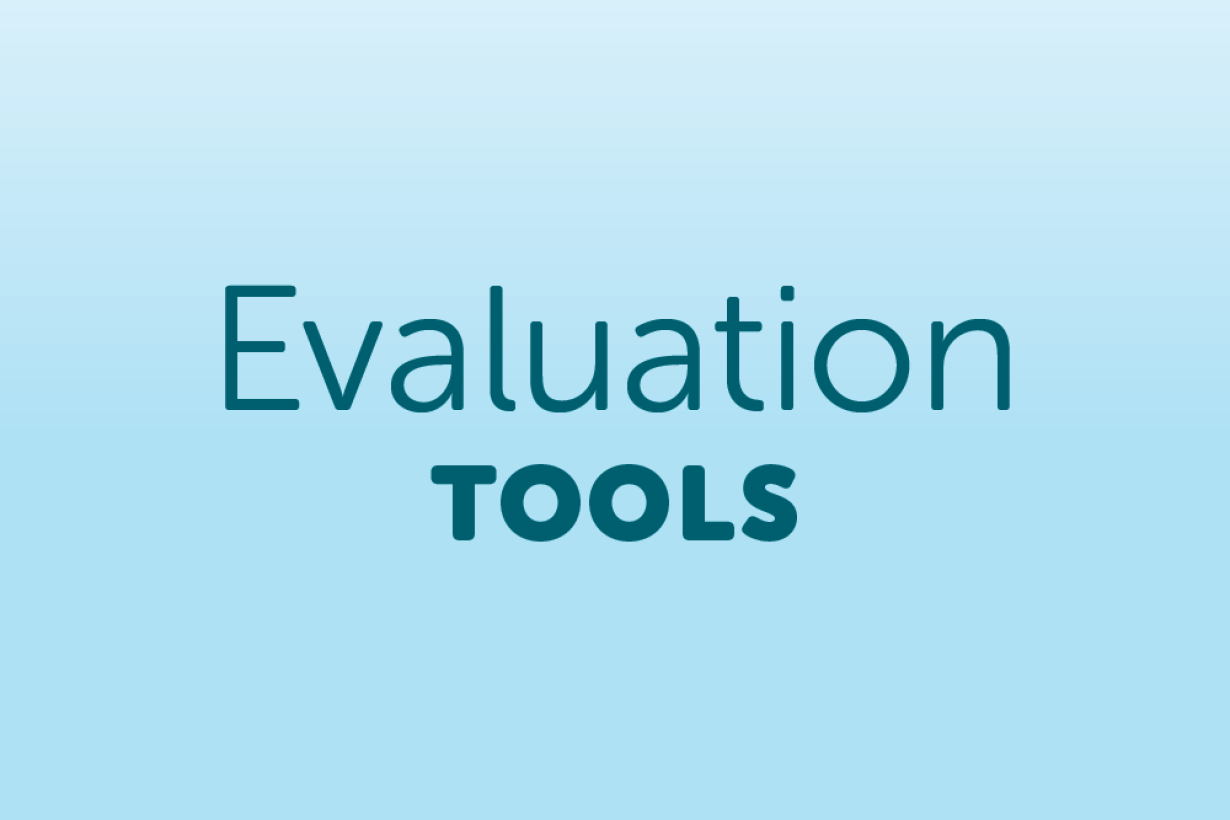
Evaluation Tools
Professional development and capacity building evaluation tools for educators to improve their products and practices with the intent to more effectively engage public and professional audiences. Team-Based Inquiry (TBI) is a practical approach to empowering education professionals that involves an ongoing cycle of inquiry: question, investigate, reflect, and improve.

Front End Evaluation Reports List
During the early stages of a project, front-end evaluation is used to learn about visitors’ familiarity with a topic, their interests and feelings, and what understandings they will bring to the experience. Front-end evaluation work may include collecting data from visitors or reviewing literature from the field and related projects.
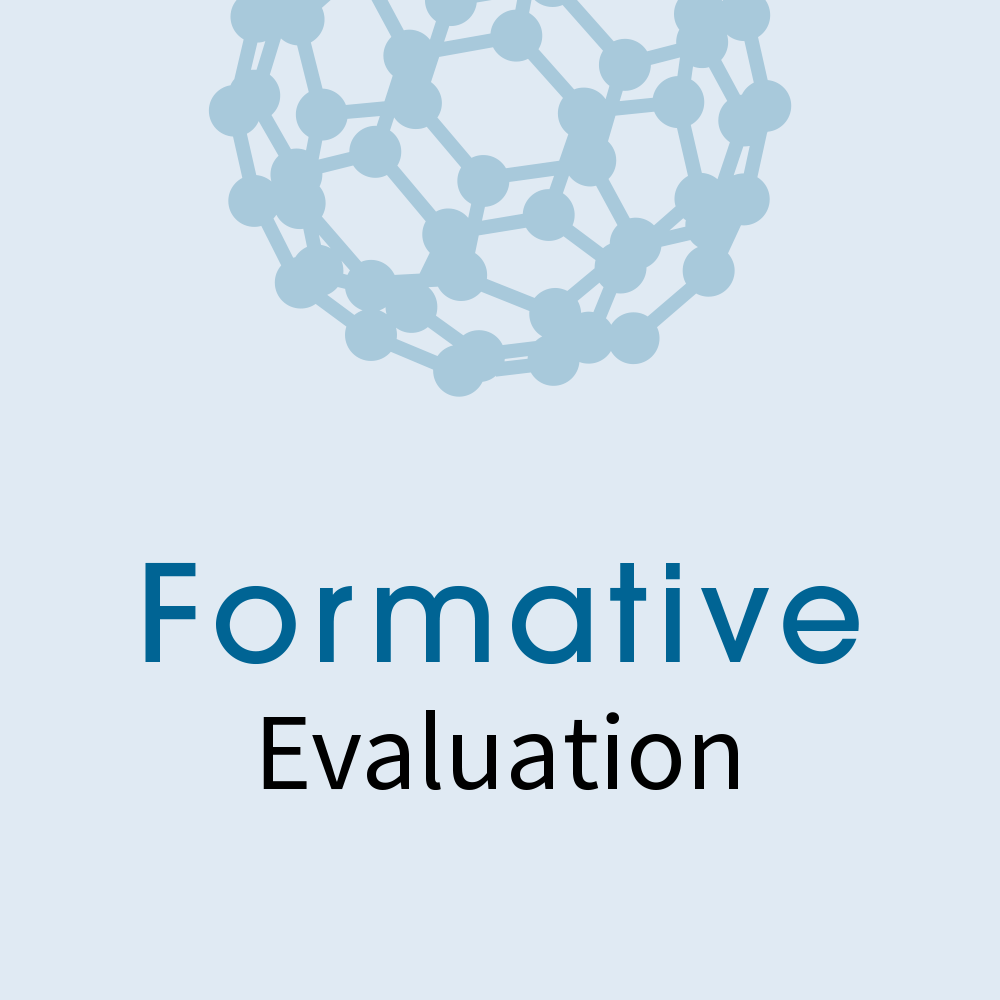
Formative Evaluation Reports List
During the design and development stage of a project, formative evaluation is used to help achieve desired goals; formative evaluation involves iterative testing and modification of prototype exhibits, materials, and programs.
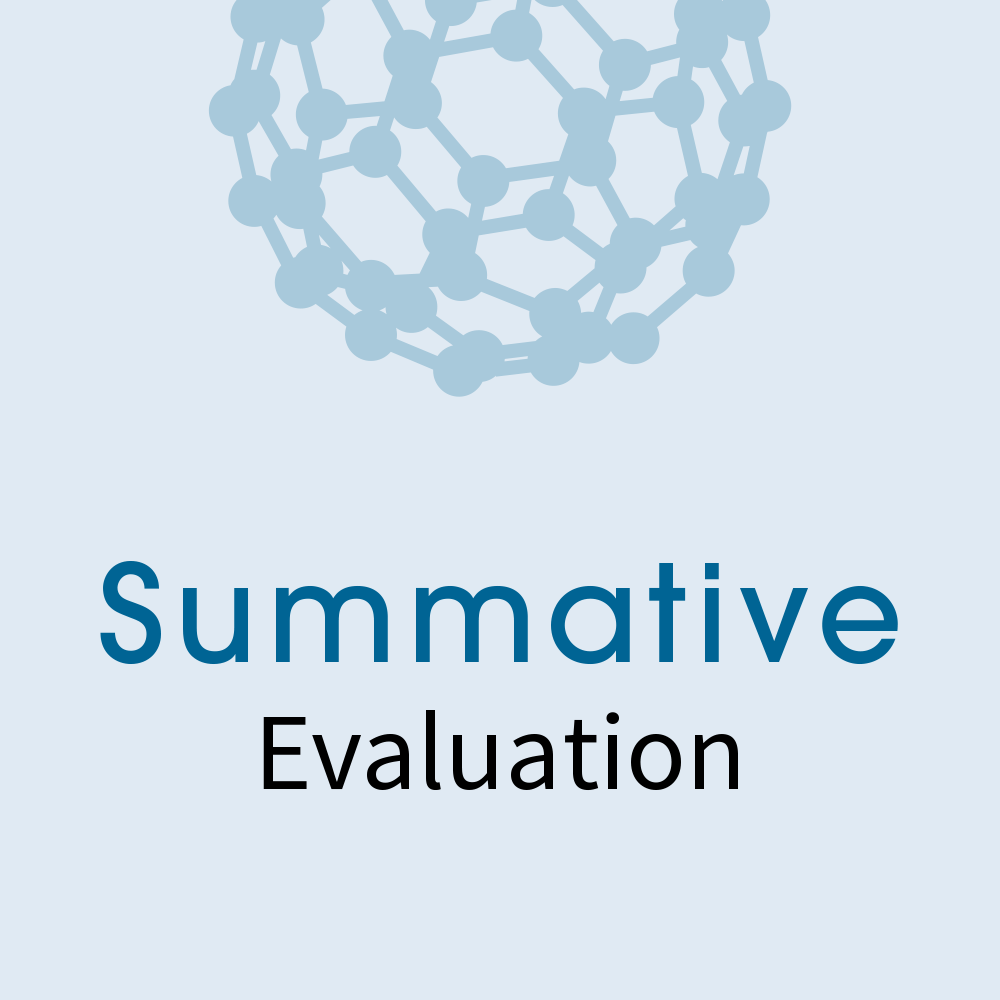
Summative Evaluation Reports
At the end of a project, summative evaluation is used to assess the impact of a completed project; summative evaluation usually includes observing visitors while they experience a program or exhibit and interviewing or surveying them before and/or after this experience.

Research Reports
Research studies are designed to generate findings that will inform the broader field of informal science education. Research studies typically use methods similar to formative and summative evaluation, such as observations, interviews, and surveys with participants; however findings from these studies are often shared more widely to advance informal science education efforts.

